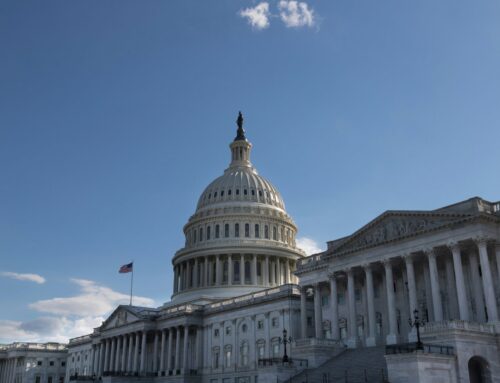
Never underestimate a politician’s ability to resurrect a bad idea, even if it has been cast aside several times before. Straight out of central casting walks Rep. David Jolly (R-FL) and his legislation to create a new federal reinsurance backstop (bailout) for qualified state run insurance programs. TCS has been fighting this bad idea practically since our inception. It would displace the private sector, force taxpayers to take on potentially huge liabilities, reduce incentives to manage risk, and – this shouldn’t be a surprise – initially benefit only one state. (Can you guess which one? Did you guess Florida? Then you were right.)
There is a vibrant, functioning private reinsurance market that operates worldwide. Reinsurance is basically insurance for insurance companies. Instead of retaining risk themselves, they lay off some of that onto reinsurance companies. It’s a lot like what individuals do. You retain a certain level of risk (deductible) and lay off the rest of the risk to an insurance company. Insurance companies do the same thing, retain a certain amount of potential costs and lay off any larger payouts to reinsurance companies or even by selling catastrophe bonds.
But why buy reinsurance at market rates when you can get Uncle Sam to undercut the market with subsidized insurance? The state-run Florida Hurricane Catastrophe Fund has $17 billion in liabilities on the books. Believe it or not that is much less than it was facing even a few years ago. That state-run fund often provides a backstop for the state-run primary insurer Citizens Property Insurance Corporation. If that sounds like a fiscal house of cards to you – one state entity insuring the other – well, you would be right. Now they want the feds to drink the wasteful Kool-Aid.
Sadly, there is a direct analog in the federal government. In 1968, a federal flood insurance program was created to answer a perceived market failure to provide this type of insurance. A few years later subsidies were added to encourage uptake. Decades later we’re looking at a program that is $23 billion in debt and a private sector clamoring to be in the market. There is a federal crop insurance program that costs taxpayer money every year. The federal government has also doubled down and wrongly extended a “temporary” terrorism insurance program without reforms that was supposed to expire a decade ago. And now as the threat to companies from cyber attacks is growing, there is a burgeoning effort to create a federal “cyber” insurance program. The thing is, there is a market for most – if not all – of this. Not only should the taxpayer not be bearing the burden of these private risks, but subsidizing insurance removes the price based incentives to mitigate that risk, which inevitably increases costs.
Unfortunately, these programs are on the books and it is hard to stop or even reform a program once it’s started. The boosters are almost always more motivated than the losers (the vast majority of us that don’t know we’re being suckered). That’s why it is so important not to start one in the first place.
Federal flood, crop, and terrorism insurance all need serious reforms. And trust us, it is hard sledding to get those reforms. Congress should do us all a favor and not get taxpayers into catastrophe or cyber insurance business.










